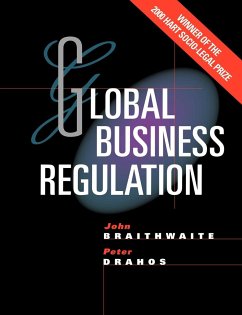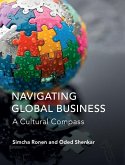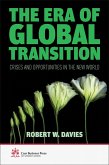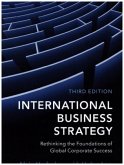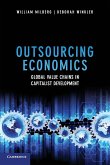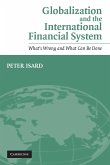Across an amazing sweep of the critical areas of business regulation - from contract, intellectual property and corporations law, to trade, telecommunications, labour standards, drugs, food, transport and environment - this book confronts the question of how the regulation of business has shifted from national to global institutions. Based on interviews with 500 international leaders in business and government, this book examines the role played by global institutions such as the WTO, the OECD, IMF, Moody's and the World Bank, as well as various NGOs and significant individuals. The authors argue that effective and decent global regulation depends on the determination of individuals to engage with powerful agendas and decision-making bodies that would otherwise be dominated by concentrated economic interests. This book will become a standard reference for readers in business, law, politics and international relations.
Hinweis: Dieser Artikel kann nur an eine deutsche Lieferadresse ausgeliefert werden.
Hinweis: Dieser Artikel kann nur an eine deutsche Lieferadresse ausgeliefert werden.
'The authors [of this book] argue that global business regulations emerge from various 'epistemic' communities - communities of experts that meet regularly all over the world. They have a shared understanding of regulation in any particular sphere that leads them not merely to advise but to direct as well ... In effect, the book suggests that the world is run from a few important cities - in particular New York, Washington, Brussels, Geneva - where these communities are important and congregate. The authors interviewed 500 international leaders in business and government to produce the 700-page book ... which contains 13 case studies - ranging from property and contract, financial regulation, corporations and securities to the environment, food, telecommunications, drugs, sea, road and air transport. These are sandwiched between a broad-ranging introduction and analytical conclusion dealing with the core issues of globalisation.' Financial Times

